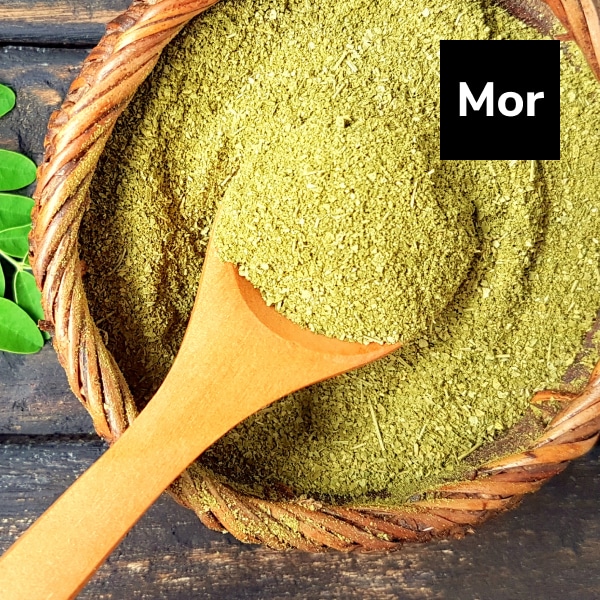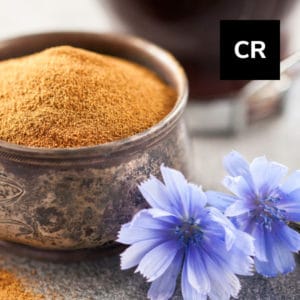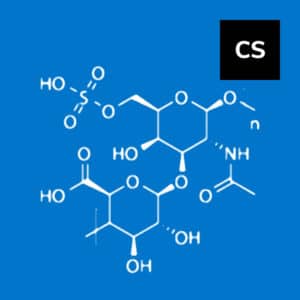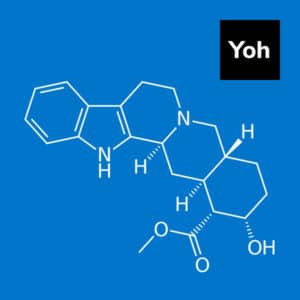Overview
Moringa leaves are high in amino acids, antioxidants, vitamins, and minerals, all of which have a variety of beneficial properties. Consumption of Moringa supplements may result in moderate decreases in blood sugar and cholesterol levels. Moringa has been shown in recent research to have antioxidant, hypolipidemic, and anti-atherosclerotic properties, as well as the potential to be used therapeutically to avoid cardiovascular disease and to help regulate hyperthyroidism.
Key Benefits
- Provides antioxidants
- May help prevent cardiovascular disease
- Helps regulate hyperthyroidism
- Supports healthy blood glucose levels
- Promotes healthy skin and hair
- Supports weight control when combined with modest calorie restriction and physical activity
History of Usage
Moringa has a long history and has been used in traditional and alternative forms for centuries. Native to India, the tree also grows in Asia, Africa, and South America. The pods are especially rich in vitamin C and have been an important source of essential nutrients for people in developing countries. It has been used to help malnourished children gain weight. The ancient Egyptians also recognized its benefits for medicinal and cosmetic use.
Biochemistry
Moringa includes various anti-inflammatory plant compounds, including quercetin, chlorogenic acid, vitamin C, and beta-carotene. Moringa’s isothiocyanates are believed to be responsible for lowering blood sugar levels.
Five human investigations utilizing powdered whole leaf preparations of M. oleifera have demonstrated anti-hyperglycemic (antidiabetic) and anti-dyslipidemic activity. These properties have been confirmed in animal investigations utilizing extracts as well as leaf powders.
Numerous published studies have demonstrated that aqueous, hydroalcoholic, or alcohol extracts of M. oleifera leaves possess a diverse array of additional biological activities, including antioxidant, tissue-protective (liver, kidneys, heart, testes, and lungs), analgesic, anti-ulcer, antihypertensive, radioprotective, and immunomodulatory properties. The observed effects are thought to be caused by a diverse array of polyphenols and phenolic acids, as well as flavonoids, glucosinolates, and possibly alkaloids. Product standardization is a concern. However, the outcomes of published studies on Moringa oleifera are incredibly positive.
Recent Trends
Due to today’s enhanced harvesting, collection, processing, and shipping procedures, manufacturers are only now bringing these plants to other parts of the world. While other supplements are concentrated in a single vitamin or nutrient, moringa provides a plethora of health advantages and contributes to total nutrition.
Moringa powder is also gaining popularity as a cosmetic ingredient. The moringa products market, according to Technavio, a worldwide technology research company, is expected to expand by 3.55 billion dollars between 2020 and 2024.
Precautions
Individuals who have diabetes, hypertension, or hypothyroidism should always visit their physician prior to adding moringa to their health regimen.
Combining moringa with some drugs that are metabolized by the liver can enhance the effects and negative effects of certain medications. Individuals should always consult their physician before using moringa.
References
- Chumark P, Khunawat P, Sanvarinda Y, Phornchirasilp S, Morales NP, Phivthong-Ngam L, Ratanachamnong P, Srisawat S, Pongrapeeporn KU. The in vitro and ex vivo antioxidant properties, hypolipidaemic and antiatherosclerotic activities of water extract of Moringa oleifera Lam. leaves. J Ethnopharmacol. 2008 Mar 28;116(3):439-46. Epub 2007 Dec 23.
- Tahiliani P, Kar A. Role of Moringa oleifera leaf extract in the regulation of thyroid hormone status in adult male and female rats. Pharmacol Res. 2000 Mar;41(3):319-23.
- Waterman C, Rojas-Silva P, Tumer TB, Kuhn P, Richard AJ, Wicks S, Stephens JM, Wang Z, Mynatt R, Cefalu W, Raskin I. Isothiocyanate-rich Moringa oleifera extract reduces weight gain, insulin resistance, and hepatic gluconeogenesis in mice. Mol Nutr Food Res. 2015 Jun;59(6):1013-24. doi: 10.1002/mnfr.201400679. Epub 2015 Apr 27. PMID: 25620073; PMCID: PMC4456298.
- Stohs SJ, Hartman MJ. Review of the Safety and Efficacy of Moringa oleifera. Phytother Res. 2015 Jun;29(6):796-804. doi: 10.1002/ptr.5325. Epub 2015 Mar 24. PMID: 25808883; PMCID: PMC6680322.
- Dixit K, Kamath DV, Alluri KV, Davis BA. Efficacy of a novel herbal formulation for weight loss demonstrated in a 16-week randomized, double-blind, placebo-controlled clinical trial with healthy overweight adults. Diabetes Obes Metab. 2018 Nov;20(11):2633-2641. doi: 10.1111/dom.13443. Epub 2018 Jul 18. PMID: 29923305.




